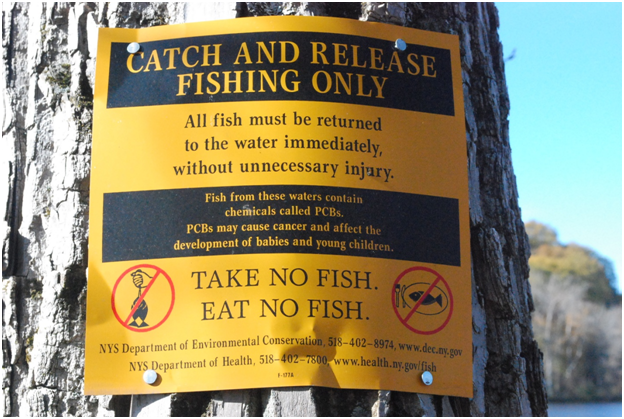There is no question that business and commerce can and do wreak havoc with our environment and our planet. Worse yet is that the rampant corporate polluters responsible remain mostly unpunished, and because of a web of lax laws and powerful lobbying efforts, coupled with targeted political contributions, these companies continue to recklessly foul our water, our air and the ground that our homes are built upon and that our children play upon. Municipalities are often powerless to bring polluters to justice, usually due to the lack of financial resources with which to fight the bottomless coffers of major corporations. Taxpayer dollars are limited, and only so much of a limited budget can be set aside for litigation. This is especially true in the face of state imposed tax caps, the costs of providing municipal services, of repairing and caring for ageing infrastructure coupled with shrinking state support to local and smaller municipalities.
Here on the East Coast of the United States examples of corporate America’s reckless disregard for the land and the people who live on it abound. Take the Hudson River, for example. It is ranked as one of the most polluted bodies of water in the United States. Until the mid-1970’s General Electric Corporation manufactured Polychorinated Biphenyls or PCB’s at two plants on the Hudson River, approximately 30 miles north of the state capitol, Albany. During those years, it is estimated that GE dumped 1.3 million pounds of PCB’s and PCB waste oil directly into the Hudson River. GE’s fouling of the Hudson was so widespread that in 1984 a 197 mile length of the river from Hudson Falls, NY to the Battery at Manhattan Harbor was designated a Federal Superfund site. After 30 years GE was finally forced by the Federal Government to dredge PCB’s from the part of the Hudson River it polluted most egregiously in its pursuit of profits. But there remains a controversy over the effect of the cleanup, and many question if GE, and the government, have done enough.
Forgotten in the wake of the Hudson River cleanup are the riverfront communities that have for decades suffered the ill-effects of GE’s widespread dumping of PCB’s. Recreational activities on the river are limited. For example, there is in effect a catch and release only fishing ban on the Hudson between the Federal Dam at Troy and Bakers Falls in Hudson Falls, NY. All fish caught on this portion of the river must be immediately returned to the river with a minimum of handling because of the high levels of toxins present in their flesh.

PCB’s were regularly dumped in these communities and GE even furnished waste PCB oil that was sprayed on roadways during the summer months as a method of dust control. And every time the Hudson River rises over its banks, new PCB’s are deposited on the banks of the Hudson—sometimes over land that may have been cleaned up by the landowner, at his cost. Little to no effort by the government or GE has been made to help these folks clean their properties and restore their way of living. They have been abandoned.
It is astonishing that with today’s emphasis on “green infrastructure” and environmentally friendly policy making, corporate polluters still have what amounts to a “get out of jail free” card when it comes to being held responsible for their past acts of reckless pollution. Loosening of environmental regulations, Congressional attacks on Federal regulations that protect the environment, corporate influence over elected officials and federal regulatory agencies and the flood of lobbying dollars are the toxic components that insulate corporate wrongdoers and provide them the tools to defeat the efforts of those who would protect our planet. More can, and must be done to assist municipalities that have been forgotten and forsaken by the States’ and Federal governments.
To learn more about GE, the Hudson River, and PCB’s, please see:
- Times Union Article
- Dispute Shadows End of GE’s Cleanup
- Cuomo Deal
- GE Picks Boston for New HQ
- EPA Pressed To Revisit GE Hudson River Cleanup






